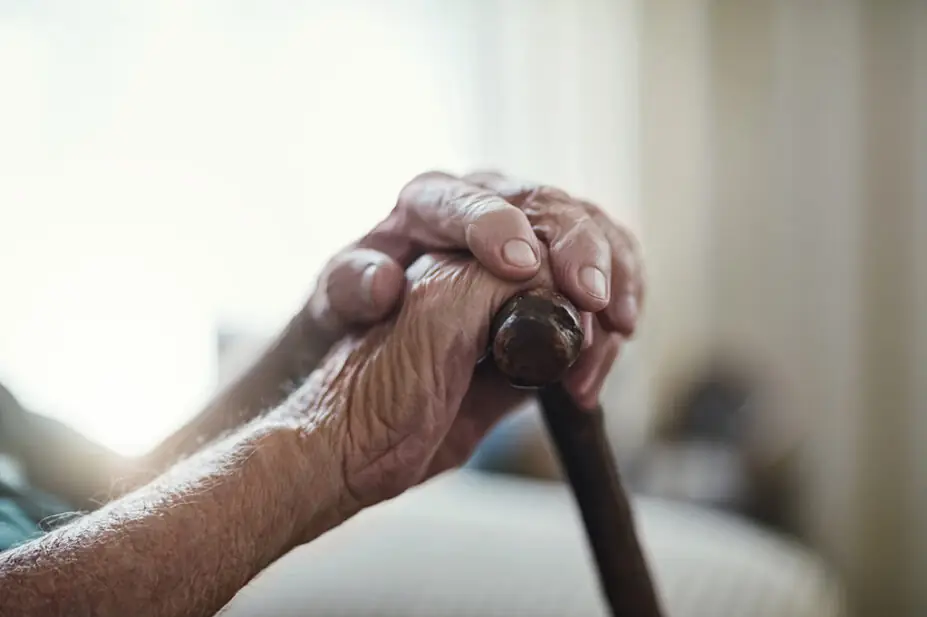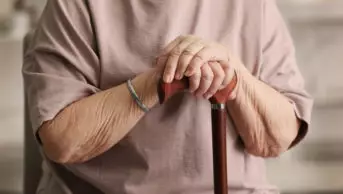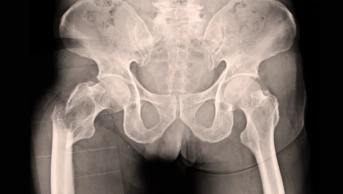
Shutterstock.com
The National Institute for Health and Care Excellence (NICE) has recommended abaloparatide (Eladynos; Theramex) for treating osteoporosis after menopause.
In a statement published alongside final guidance on 7 August 2024, NICE said: “Abaloparatide can provide an alternative for people who have not responded to, or cannot tolerate, usual treatment options and is set to benefit over 14,000 people in England.”
Abaloparatide is a synthetic peptide analogue of parathyroid hormone-related protein (PTHrP) and is used to reduce the risk of bone fracture by increasing bone density.
The medicine is packaged in pre-filled pen that is injected into the muscle and can be self-administered by patients at home. Each pen contains 30 doses of 3mg abaloparatide.
Final NICE guidance said that the usual treatments for osteoporosis after menopause include the anabolic (or bone-forming) medicines romosozumab or teriparatide, and antiresorptive medicines such as bisphosphonates, including alendronic acid, which slow the rate of bone breakdown.
Romosozumab was recommended by NICE in April 2022, overturning a provisional decision by the body in November 2021 not to recommend it.
During evaluation committee discussions, the latest NICE guidance said a clinical expert had noted that romosozumab and teriparatide are not suitable for everyone.
“For example, romosozumab is not used for people with a history of myocardial infarction or stroke,” it said.
“The patient experts said that the existing treatments can have side effects (such as hypercalcaemia and osteonecrosis) that can stop people from taking them.”
The discussion notes also point out that teriparatide needs to be stored in a refrigerator, “which can be a barrier to adherence, for example when people are travelling”.
Jonathan Benger, chief medical officer and deputy chief executive at NICE, said: “The independent committee heard from patients about how debilitating osteoporosis can be and how it impacts all aspects of day-to-day life, such as not going out for a walk because they are fearful of falling and having a fracture. This can impair mental and physical health.”
Craig Jones, chief executive of the Royal Osteoporosis Society, said: “Considering that half of women [aged] over 50 [years] will suffer broken bones due to osteoporosis, the paucity of new treatments over recent years has been a huge cause for concern. The approval of this new medication is therefore a step forward.
“However, sadly, it’s no good having new medication options if half of NHS trusts don’t have diagnostic services to put people onto them. The postcode lottery for fracture liaison services means 90,000 people will miss out on life-changing bone drugs like the new one announced today.
“Without those diagnostic services, we’ll continue to overlook two in every three osteoporosis patients who need life-changing drugs like these.”


